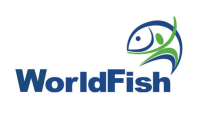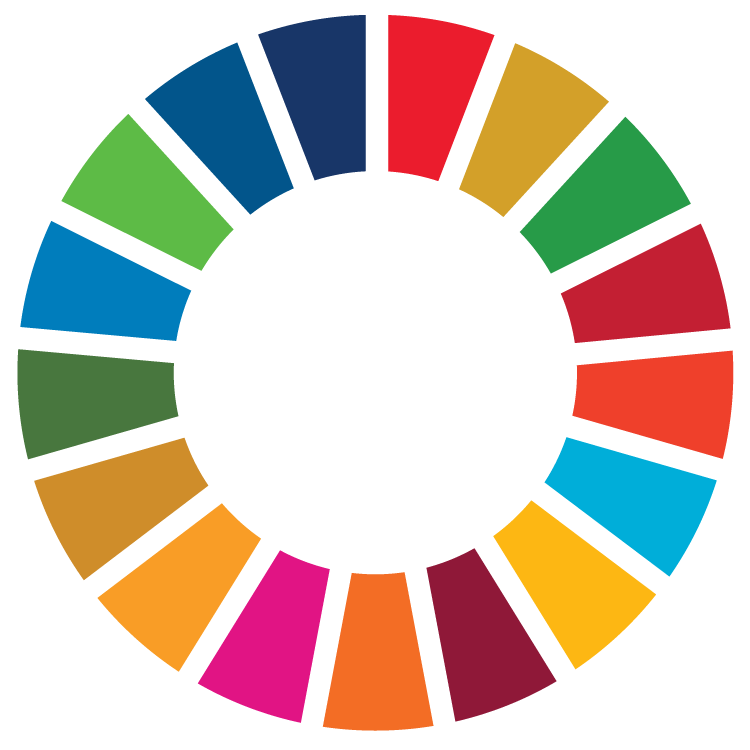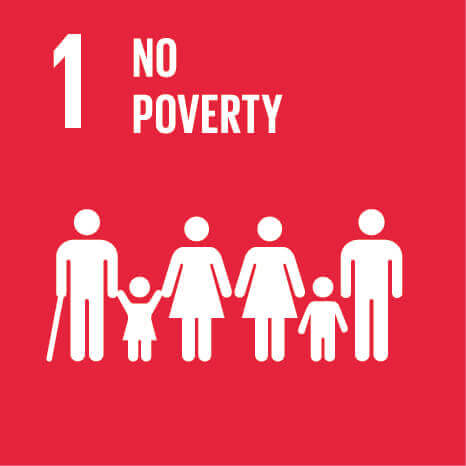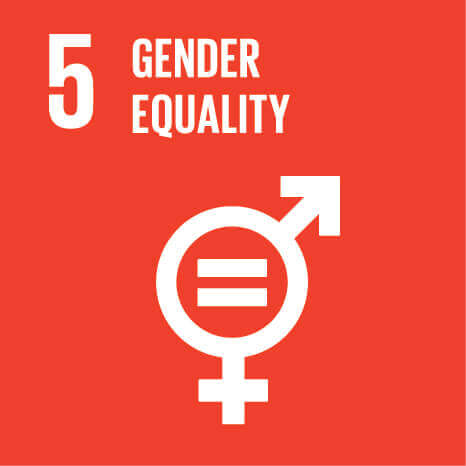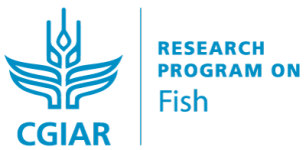FISH research and capacity building translates into inclusive business models for over 800 smallholder aquaculture farmers in Zambia
Published on: April 30, 2021, Submitted by Cristiano Rossignoli on: April 30, 2021, Reporting year: 2020
Seeking innovative solutions, researchers found small and medium-sized enterprises (SMEs) to be a suitable vehicle for market linkages and knowledge and skills transfer. In Zambia, WorldFish partnered with Musika, a nonprofit working in agricultural markets, to link smallholder fish farmers to local small and medium-sized businesses that provide them with the necessary inputs and expertise. 6 private sector companies have invested in SMEs integrating 831 smallholder farmers int into the private sector business.
Fish farmers, Zambia
Northern Zambia’s growing small-scale aquaculture sector offers new opportunities to improve food and nutrition security and boost income. The full potential of rural smallholder farms can be realized through investment in key inputs and markets along aquatic food value chains. Building the capacity of small to medium-sized businesses that supply aquaculture operations is one proven way to transfer new technologies and knowledge to smallholder fish farmers.
Seeking innovative solutions, researchers found small and medium-sized enterprises (SMEs) to be a suitable vehicle for market linkages and knowledge and skills transfer. As SMEs already provide employment to 88 percent of Zambia’s population, they remain a viable leverage point for capacity development interventions. WorldFish partnered with Musika, a nonprofit working in agricultural markets, to link smallholder fish farmers to local small and medium-sized businesses that provide them with the necessary inputs and expertise.
As part of the Aquaculture Technical, Vocational, and Entrepreneurship Training for Improved Private Sector and Smallholder Skills project (AQ TEVET), capacity development initiatives targeted small to medium-sized business enterprises in order to boost productivity in the smallholder aquaculture sector. Funded by NORAD, the project works to develop private-public partnerships that invest in key production inputs and disseminate novel technologies and training to smallholder fish farmers and aquculture students ,especially women and youth, the project has upgraded the fisheries curriculum package. It has also developed a tilapia better management practices manual and has established linkages with six private sector aquaculture companies . The private companies have further created a network of 15 SMEs who are working as last-mile distributors of inputs and extension service to support to farmers in remote areas. WorldFish provided small to medium-sized business operators with technical expertise on site selection, pond preparation, fish stocking, and business management. The business operators then applied their newly acquired knowledge to train rural farmers and provide them with operational inputs, offering adequate supplies of quality fish feed and fingerlings.
Building the capacity of small to medium-sized business enterprises lays the foundation for growth of the smallholder aquaculture sector, said Reuben Banda, the Managing Director for Musika.
Access to high-quality fish fingerlings and commercial feed, coupled with newly acquired technical skills, has helped fish farmers boost their production and income while providing financial benefits to small and medium-sized business enterprises.
Indeed, the initative has increased farmers' access to inputs and output aquaculture markets, with 83% of the targeted farmer-beneficiaries integrated into six private sector business models, and have their profit margins increased by 36%. This intervention has brought a lot of positive changes among smallholder fish farmers by influencing their aquaculture knowledge, creating markets and improved employment and income among smallholders. Six companies comprising of 3 feed millers (Aller Aqua Zambia Limited, Novatek Animal Feed Limited and Zhonkhai International), 2 fish breeders (Kasakalabwe and Hope Ways) and 1 off-taker (Triple Blessings Centre) have so far invested in the region.15 Small and Medium Enterprises (SMEs) and 831 (25% female) smallholder farmers have been integrated into the private sector business models. This has brought aquaculture inputs particularly seed, feed and extension services as well as output buyers closer to smallholder farmers. The farmers have become aware of the tilapia better management practices through the trainings they have received from the private sector.
Increasing the profits and productivity of smallholder fish farmers will improve livelihoods across the country. When farmers have access to extension services, knowledge, and resources, they invest in their farming business—and diverse actors along aquatic food value chains can reap the benefits.
Stage of Maturity and Sphere of influence
-
Stage of Maturity: Stage 1
-
Contributions in sphere of influence:
1.3.2 - Increased livelihood opportunities
Acknowledgement
This is an initiative of WorldFish in partnership with Musika, Blue Planet and the Natural Resources Development College (NRDC) with financial support from Norwegian Agency for Development Corporation (Norad). The work was undertaken as part of CGIAR Research Program on Fish Agri-Food Systems (FISH).
